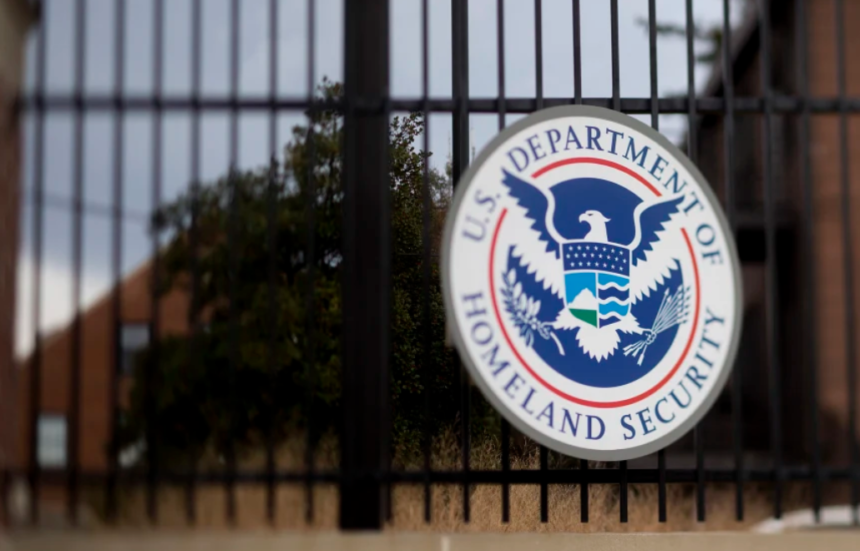By Emily Sims
Washington D.C. – Advocacy groups are raising serious concerns about the well-being of children as the Trump administration intensifies its immigration enforcement policies. A recent flurry of executive orders signed on April 28th signals a renewed and aggressive approach by U.S. Immigration and Customs Enforcement (ICE), making it significantly more difficult for immigrants to avoid detention and deportation.
These new directives, the details of which are still being analyzed, add to an already fraught landscape for immigrant families. Critics argue the measures effectively broaden the scope of ICE’s authority, potentially leading to increased family separations and long-term trauma for children.
“These executive orders are deeply troubling and will undoubtedly put more children at risk,” said Maria Rodriguez, a policy analyst at the Children’s Rights Advocacy Network. “By making it harder for immigrants to navigate the legal system and seek refuge, the administration is creating a climate of fear that will disproportionately impact vulnerable children.”
While the specific details of the orders remain under close scrutiny, early reports suggest they focus on streamlining deportation processes, limiting access to legal representation for undocumented immigrants, and expanding the criteria for who qualifies as a priority for deportation. This, critics argue, effectively casts a wider net over immigrant communities, increasing the likelihood of parents being detained and potentially deported, leaving their children behind.
The Trump administration has defended its immigration policies, stating they are necessary to secure the border and protect national security. However, human rights organizations argue that these justifications are often used to mask policies that violate fundamental human rights, particularly the right to family unity.
The increased enforcement comes at a time when the immigration system is already under strain and overwhelmed with asylum seekers, particularly those fleeing violence in Central America. Critics fear that the new policies will further exacerbate the backlog and lead to more prolonged detention periods for families seeking refuge in the United States.
With each new executive order, the debate over immigration policy intensifies, leaving children caught in the crosshairs. Advocacy groups are urging the administration to reconsider its approach and prioritize the well-being of children and families over an aggressive enforcement agenda. The long-term consequences of these policies on the nation’s children, they argue, will be felt for generations to come.









